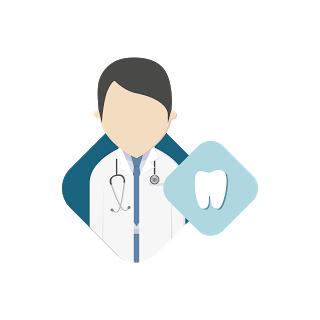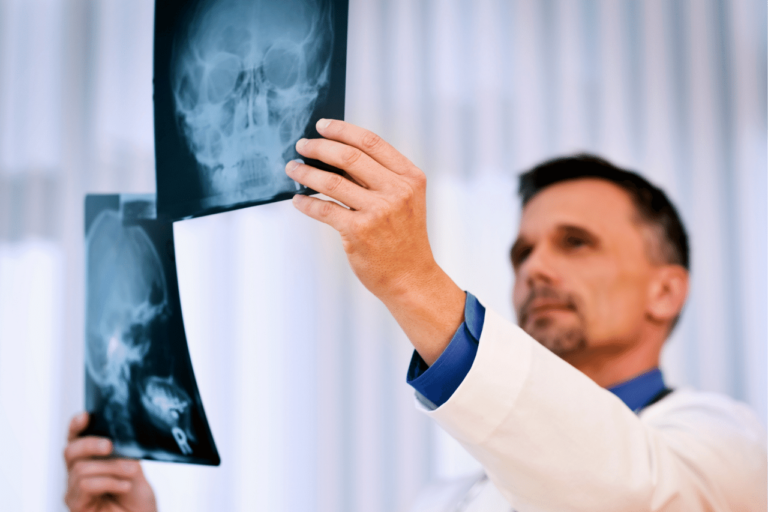Dds Vs Dmd: Know The Difference

The pursuit of a career in dentistry is a noble and rewarding path, filled with opportunities to make a significant difference in people’s lives. For those interested in this field, understanding the difference between DDS (Doctor of Dental Surgery) and DMD (Doctor of Dental Medicine) is crucial. Although both degrees lead to the same career outcome - becoming a licensed dentist - there are historical, philosophical, and subtle differences that set them apart.
Historical Origins
The distinction between DDS and DMD originates from the historical development of dental education in the United States. The Doctor of Dental Surgery degree was first awarded in 1848 by the Baltimore College of Dental Surgery, which is now part of the University of Maryland. This degree emphasized the surgical aspect of dentistry, reflecting the time’s focus on the mechanical and surgical interventions required in dental care.
On the other hand, the Doctor of Dental Medicine degree was introduced later, with the first DMD degrees being awarded by Harvard University in 1867. The DMD degree was designed to place more emphasis on the medical aspects of dentistry, recognizing that dental health is intricately linked with overall systemic health.
Curriculum and Focus
While both DDS and DMD programs cover the same core curriculum required for accreditation by the Commission on Dental Accreditation (CODA), there might be slight variations in the emphasis and approach. DDS programs may traditionally focus more on the clinical and technical aspects of dental surgery, including diagnostics, surgical procedures, and patient care management. In contrast, DMD programs might place a stronger emphasis on the biomedical sciences and the relationship between oral health and general health, reflecting a more holistic view of patient care.
However, it’s essential to note that both degrees require students to complete a comprehensive curriculum that includes classroom instruction, clinical training, and sometimes research components. The curriculum typically covers subjects such as anatomy, biochemistry, pharmacology, radiology, and various clinical dentistry disciplines like orthodontics, periodontics, and pediatric dentistry.
Practical Implications
In practical terms, the difference between a DDS and a DMD has little to no impact on a dentist’s daily practice or their ability to provide care. Both degrees qualify individuals to take the National Board Dental Examination (NBDE) and obtain licensure to practice dentistry in their state. Dentists with either degree are equipped to provide a full range of dental services, from preventive care and fillings to more complex procedures like crowns, bridges, and dental implants.
Choosing Between DDS and DMD Programs
For aspiring dentists, the choice between a DDS and a DMD program should not be based solely on the degree title. Instead, factors such as the program’s reputation, curriculum, clinical opportunities, location, and cost should be considered. It’s also worth noting that some schools offer both DDS and DMD degrees, making the distinction even less significant.
Conclusion
In conclusion, while there are historical and philosophical differences between DDS and DMD degrees, these distinctions do not translate into practical differences in the careers of dentists. Both degrees reflect a comprehensive education in dental science and practice, preparing graduates for successful careers in dentistry. As the field of dentistry continues to evolve, with advancements in technology, materials, and our understanding of oral health, the core mission of both DDS and DMD programs remains the same: to educate competent, caring, and skilled dental professionals.
When considering a career in dentistry, individuals should focus on finding a program that best fits their educational needs, career goals, and personal preferences, regardless of whether it offers a DDS or DMD degree.
Frequently Asked Questions
What is the main difference between a DDS and a DMD degree?
+The main difference lies in the historical emphasis and philosophical approach, with DDS traditionally focusing on the surgical aspects of dentistry and DMD on the medical aspects. However, both degrees lead to the same career outcome and are recognized as equivalent by the American Dental Association.
Do DDS and DMD programs have different curricula?
+While both programs cover the same core curriculum required for accreditation, there might be slight variations in emphasis and approach. DDS programs may focus more on clinical and technical aspects, while DMD programs might emphasize biomedical sciences and the relationship between oral and general health.
Is one degree better than the other for a career in dentistry?
+No, both degrees are recognized as equivalent and qualify individuals to practice dentistry. The choice between a DDS and DMD program should be based on other factors such as the program's reputation, curriculum, and location.
Can holders of either degree practice dentistry without restrictions?
+Yes, the American Dental Association recognizes both DDS and DMD as equivalent degrees, allowing holders of either degree to practice dentistry without any restrictions, provided they have obtained the necessary licensure.
Understanding the nuances between DDS and DMD degrees can provide clarity for those pursuing a dental education. However, it’s crucial to remember that the ultimate goal of both programs is to prepare skilled, compassionate, and knowledgeable dental professionals who can provide high-quality care to their patients.

